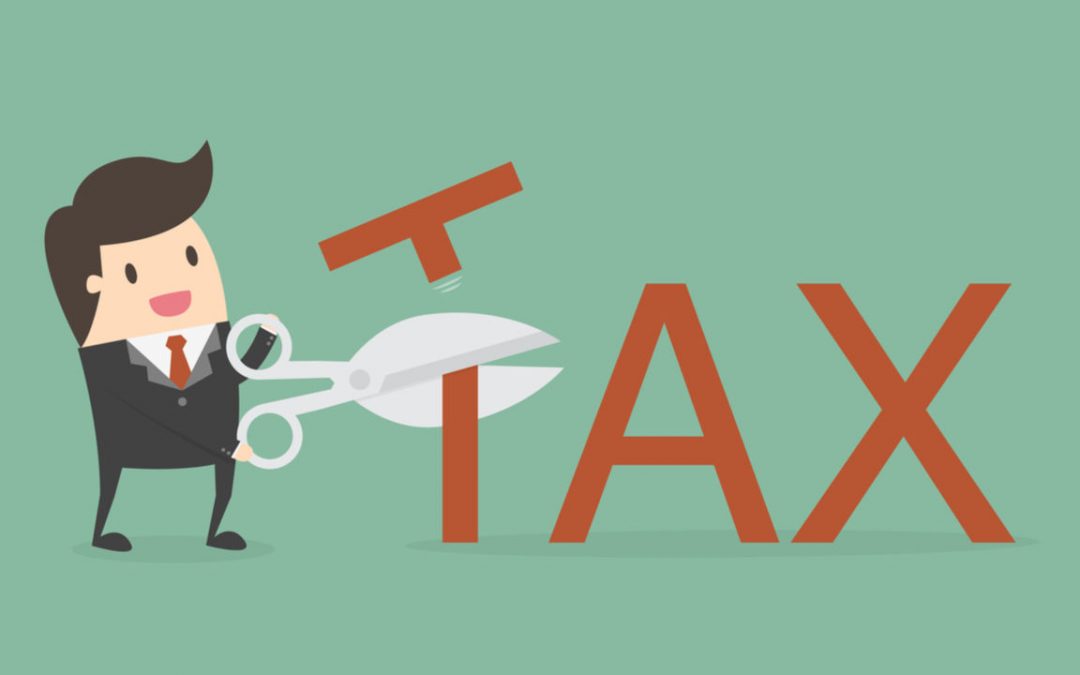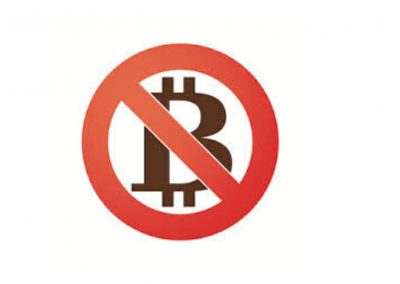As a general rule, that first tax day is a rude awakening for freelancers.
If you’ve left the corporate world behind to set out on your own course, you soon realize why all those deductions coming out of your paycheck every two weeks were necessary.
As individual proprietors, freelancers and other self-employed professionals are responsible for paying their taxes to the state and federal governments. You can do so one of two ways: either with four quarterly estimated tax payments or in a lump sum when you’re doing your taxes before April 15 each year.
But being in business for yourself and working from home also opens you up to a whole new set of tax deductions to battle back against the long arm of the Internal Revenue Service.
Before 2013, the IRS’s rules for how to deduct expenses for being self-employed or working out of a home office were laborious and confusing. You needed to prove things like add-ons in your home specifically for business purposes. You had to go through a baffling series of declarative statements, all of which had the looming specter of what would happen to you if you misrepresented yourself on a federal tax document.
Fortunately, the IRS caught on that more and more people were working for themselves and from home. Rather than have them all roll the dice of not paying taxes because it was too confusing, the IRS simplified the procedure and started advocating secure initiatives to applying deductions to your tax return.
Here are X things you can deduct from your tax return if you are self-employed or work from a home office. No matter if just one or all of these apply to your business, the No. 1 rule to remember is to document all of your deductions. This practice can be done on a computerized spreadsheet or in a simple spiral network. But the hard proof is essential. On the off chance the IRS decides to investigate your claims, you need easy-to-access evidence.
Your Home Office
Your home office doesn’t necessarily have to be an office. It can be the room you design crafts in, the kitchen you bake in, or the garage where you repair motorcycles. Whatever size space it is, the money you spend on utilities and mortgage or rent payments is tax deductible because it’s serving a business purpose. To calculate how much you can claim, take a tape measure and record the length and the width of the workroom. Multiple them to denote the square footage of that room, then divide it into the total square feet of your house.
For example, if your home office measures 10 feet by 10 feet, that’s 100 square feet. If your home is 1,800 square feet total, your office accounts for 5.56% of that total. When you calculate that percentage, keep it handy as you’ll be using it a lot.
You can take it and apply it to your total mortgage/rent payments for the year as well as your total electricity bill for the year. If you pay $1,500/month on your mortgage, that adds up to $18,000/year. Multiple that by 5.56% and you just earned a $1,000 deductible off your taxes. Apply the same formula to your electricity bill. If you work online, you can also deduct the same percentage of your Internet costs.
Buying Equipment
Whether it’s a new oven, tools for a lawn care service or a new computer, purchasing equipment necessary to run your business is 100% deductible. You may need to prove you are using it at least 50% of the time for business.
For a computer, you can track this by logging the number of hours you work in a year. Being able to show a log of how many hours you worked online gives you sustainable proof of the item’s work status. You can only use this deductible for the year you purchased the new equipment. Equipment also includes the ingredients or basic building blocks of anything you might make – like fabric for clothing, raw materials for crafts, or software for graphic design or coding. Scan/file all of your receipts and save them for at least five years to create a paper trail for yourself.
Health Care Premiums
Finding and affording your healthcare insurance is one of the toughest parts of being self-employed. But the good news is that every penny you spend on your health insurance premiums during the year is 100% deductible. Since most insurance bills get paid online, make sure to get a PDF of your payments or record them from your bank statements as proof.
Cost of Searching for Work
Writing off the price of looking for work is one of the lesser-known hacks for self-employed professionals. Membership to professional organizations counts here, as does the cost of using marketplace sites such as FlexJobs or Upwork. Having a professional headshot taken, printing resumes, creating portfolios all fall into this category’s jurisdiction as well.
This category has a bonus if you get work through a site like Upwork or Fiverr that takes a percentage out of your earnings for its profitability. That percentage is the cost of finding and earning that work. If you are a freelance writer on Fiverr taking a $500 jobs, Fiverr receives 20% ($100) of your earnings. You can use that $100 as a deductible at year’s end.
Most freelance marketplace websites have dashboards that show you how much you’ve earned in a year as well as how much you’ve paid in such fees. Keep that document handy for tax time.
Advertising and Web Presence
Printing business cards or taking out an advertisement in your local neighborhood circular are deductible because you’re using them to attract new business.
The cost of creating a business site or paying for a service like Google Ad Search also fit the bill. The website should be dedicated to your business.
You can’t spend $15/month to GoDaddy to host your Game of Thrones fan theory discussion board (Bran Stark is actually the Night King!) and expect the IRS to let you write it off.
Self-Improvement
The cost of educational courses you enroll in to augment your skills or improve your business can be written off.
Make sure you have receipts from the classes you join in and can prove that the subject matter is in line with your business or professional development.
Anything related to best business practices, marketing, sales, leadership, or IT generally fits the bill. However, you can certainly go beyond these mainstays and take classes within your business niches and add them to your deductions.
Courses such as those that teach a particular trade, explain how to use computer hardware or software, or are required to earn a specific license are all valid.
Conclusion
It is easy to get excited about the full range of tax deductions available for freelancers, but a note of caution is in order.
Spending $10,000 on your business in a year does not mean you’ll get $10,000 taken off your tax bill come April.
Specific dollar totals in different categories trigger specific deductible amounts as your tax bill is tabulated.
However, being thorough and keeping perfect records will give you the best chance at a refund or smaller tax bill when April 15 rolls around.










